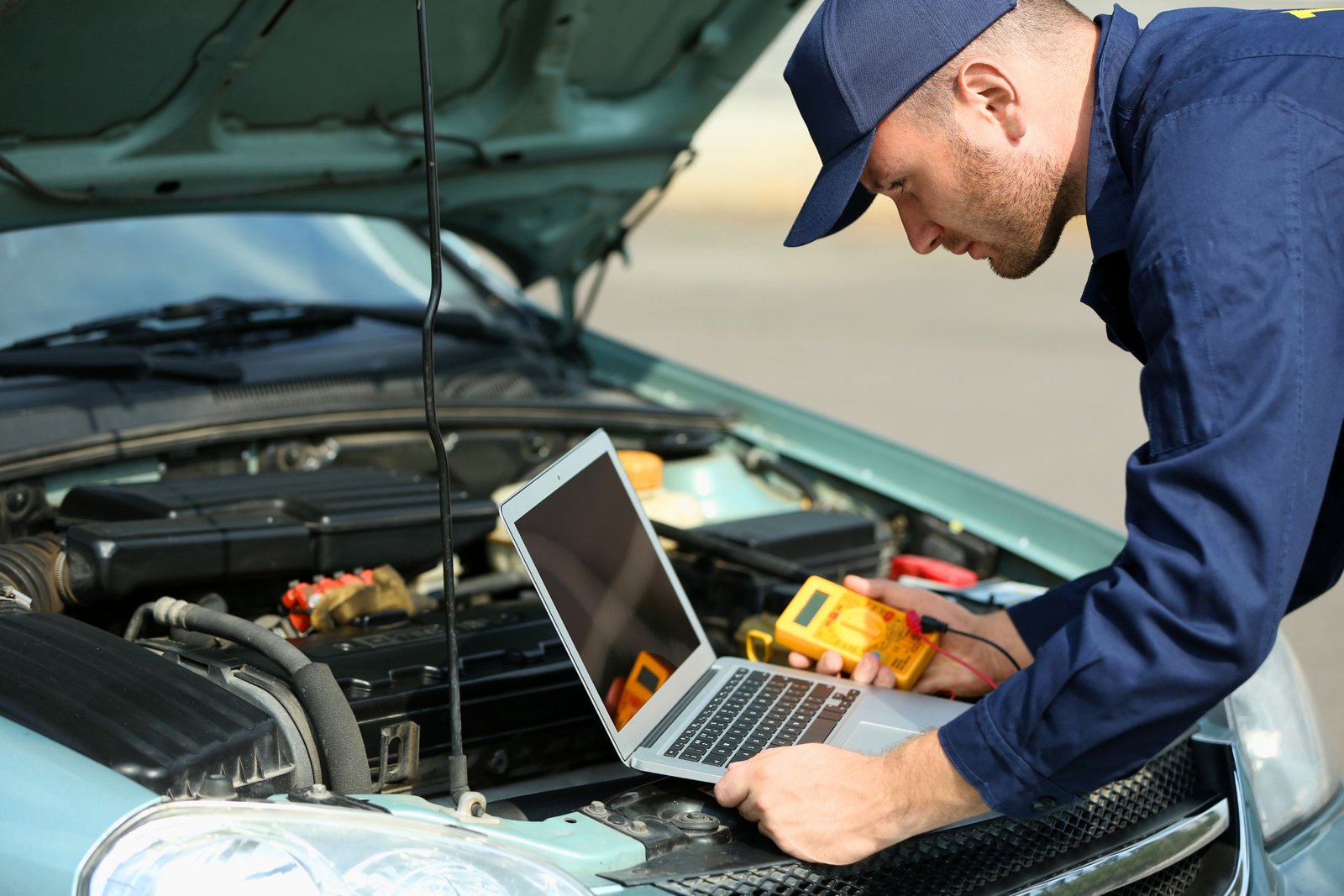Mechanical Inspection

Before finalizing your decision on a potential car purchase, prioritize a pre-purchase mechanical inspection conducted by a trusted and qualified mechanic. This thorough examination goes beyond what the eye can see, helping you identify any underlying issues that might impact the vehicle’s performance and safety.
Importance of a Trusted Mechanic
Selecting a mechanic you trust is crucial for an unbiased evaluation of the car’s mechanical condition. A qualified professional can assess the vehicle’s components, systems, and overall health, providing you with a comprehensive understanding of its current state.
Comprehensive System Checks
A reputable mechanic will conduct a detailed inspection of various mechanical systems, including the engine, transmission, brakes, suspension, steering, and exhaust. They’ll look for signs of wear, damage, leaks, or any other issues that may affect the car’s functionality.
Diagnostic Tools
Mechanics use diagnostic tools to assess the car’s electronic systems and identify potential issues that might not be apparent during a visual inspection. This includes checking for error codes, assessing sensor functionality, and ensuring all electronic components are in working order.
Fluid Analysis
Examine the condition and levels of essential fluids, such as engine oil, transmission fluid, brake fluid, and coolant. Fluid analysis provides insights into the vehicle’s maintenance history and can signal potential problems if irregularities are detected.
Brake and Tire Inspection
Evaluate the condition of the brakes and tires, as they are critical for the vehicle’s safety. A thorough inspection includes checking brake pad thickness, rotor condition, tire tread depth, and ensuring proper tire inflation. Issues in these areas can pose safety risks and may require immediate attention.
Undercarriage Examination
Inspect the undercarriage for signs of rust, corrosion, or damage. A healthy undercarriage is crucial for the structural integrity of the vehicle. Rust or damage in this area may indicate previous accidents or exposure to harsh environmental conditions.
Test Drive Assessment
A test drive is an integral part of the mechanical inspection process. During the test drive, the mechanic will evaluate the car’s handling, steering responsiveness, acceleration, braking, and overall drivability. This hands-on assessment helps identify any issues that may not be evident during a stationary inspection.
Cost Estimate for Repairs
Based on the inspection findings, the mechanic can provide a cost estimate for any necessary repairs or maintenance. This information is valuable for negotiating the final price with the seller and understanding the potential financial commitments associated with the purchase.
Inspection Documentation
Request a detailed inspection report with documented findings and recommendations. This report serves as a reference for your decision-making process and can be shared with the seller to address any identified issues.
By investing in a pre-purchase mechanical inspection, you minimize the risk of purchasing a vehicle with hidden mechanical issues. This step not only provides peace of mind but also equips you with the knowledge needed to make an informed decision about the overall condition and reliability of the car.








